Stay Home, Eat Healthy – Tips for Cancer Patients: COVID-19

Staying at home and preparing all of your meals is a challenge for many of us right now. But, if you’re also fighting cancer, this can be a particularly difficult time.
At the Sylvester Comprehensive Cancer Center, part of the University of Miami Health System, registered dietitians advise cancer patients on their food choices. Vitamins and minerals can impact patients’ immune systems, energy levels, and weight management during treatment. Sylvester patients can discuss their dietary concerns with the center’s team of registered dietitians by making a Telehealth appointment by calling Cancer Support Services at (305) 243-4129. Sylvester dietitians are also sharing Zoom video conferencing sessions discussing mindful eating and nutrition questions and answers.
Today, Sylvester’s Clinical Nutrition Manager Lesley Klein shares some nutrition tips and guidance for cancer patients and their partners and families staying home during the COVID-19 quarantine. “The better your diet, the stronger your immune system.” By Lesley Klein, registered dietitian and clinical oncology dietitian.
When my patients are going through cancer treatment, I emphasize two things: consuming enough calories to maintain a healthy weight and getting good sources of protein to help build and repair worn- down tissue.
When your appetite is poor, look for foods that give you more bang for your buck. Trail mix is a high-calorie, protein-rich snack. Adding peanut butter to chocolate-banana smoothies can add extra calories and protein, as well. If you have difficulty eating, you can add protein powders (available in flavored and unflavored varieties) to shakes/smoothies, cereal, and soups.
You can add more lean protein to your diet with animal products like chicken, fish, eggs, and dairy. But, you can also get plenty of protein from plant-based foods, including beans, lentils, nuts, hummus, and seeds. You can also try non-dairy milks made from pea protein, oats, hemp, soy, and various nuts. Plant proteins can help reduce inflammation, which is a common component of chronic conditions like cancer, diabetes, heart disease, and obesity.
Vitamin C can help boost your immune system. I always recommend that my patients eat vitamin-rich foods instead of taking supplements. This is especially the case with vitamin C because large doses of antioxidants (like vitamin C) can potentially make cancer treatments less effective. Instead, I recommend patients enjoy a reasonable amount of whole foods rich in vitamin C. These include citrus fruits, red and yellow bell peppers, strawberries, guava, broccoli, cantaloupe, kale, kiwi, papaya, and tomatoes.
I never tell patients to avoid whole foods, unless there’s a potentially dangerous or unwanted food-drug interaction. However, I encourage everyone to make better food choices more often. This includes avoiding highly processed, packaged foods that contain added sugars, bleached flour, and chemicals and preservatives. When it comes to making healthier choices more often, if I say you should never eat ice cream, you’ll want it every night. But, if I tell you ice cream is okay once a week, that’s six times better for you.
Full article here.

Leave a Reply